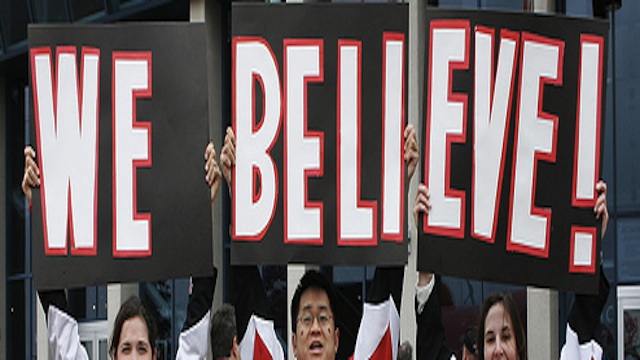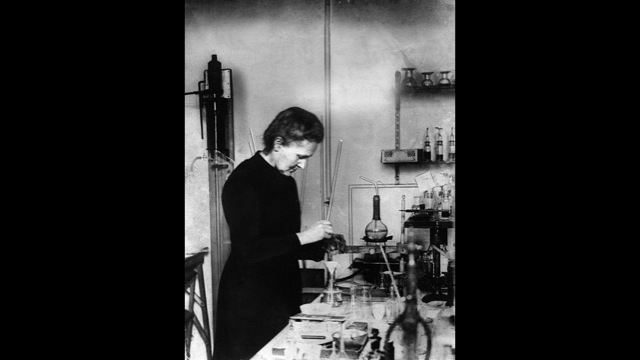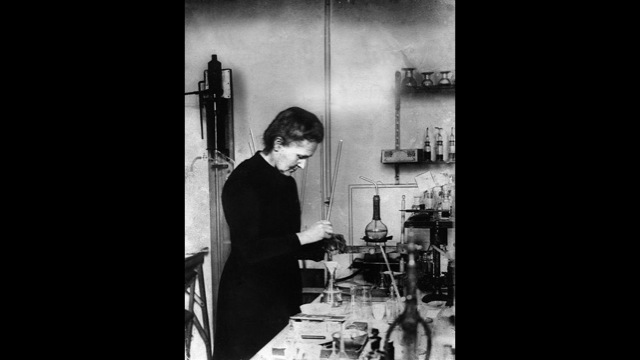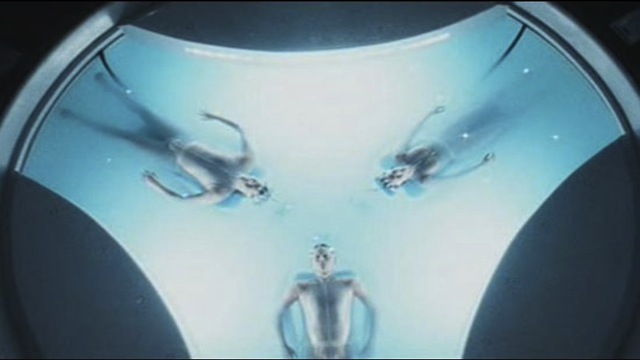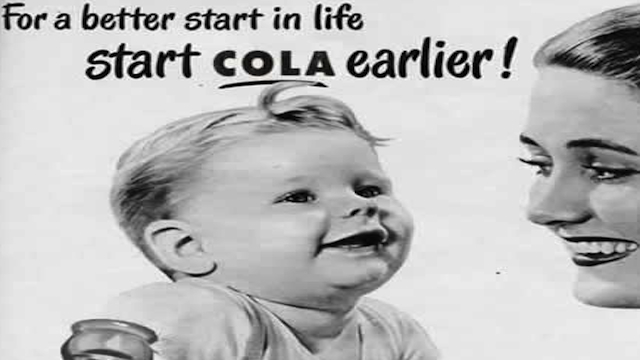David Berreby
Author, Us and Them: The Science of Identity
David Berreby is the author of "Us and Them: The Science of Identity." He has written about human behavior and other science topics for The New Yorker, The New York Times Magazine, Slate, Smithsonian, The New Republic, Nature, Discover, Vogue and many other publications. He has been a Visiting Scholar at the University of Paris, a Science Writing Fellow at the Marine Biological Laboratory, a resident at Yaddo, and in 2006 was awarded the Erving Goffman Award for Outstanding Scholarship for the first edition of "Us and Them." David can be found on Twitter at @davidberreby and reached by email at david [at] davidberreby [dot] com.
SETI’s search for extraterrestrial life has failed for decades. A likely reason might be they are looking for aliens who look like your neighbors at twilight.
An Egyptian acquaintance wrote me from Cairo this morning. I’m passing on his warning to journalists and foreigners about gangs of pro-government thugs roaming the streets there. This morning, as […]
The human mind readily grasps a revolution like Tunisia’s or the one in aborning in Egypt. We’re well-equipped mentally for a short-term crisis, especially one that involves the question of […]
If you say “it’s snowing hard out there,” are you annoyed if no one gets up to shovel the walkway?
A cognitive scientist friend of mine made a good point the other day about Amy Chua’s assertion that “nothing is fun until you’re good at it.” It is, he said […]
Academic journals, like universities, gain prestige by refusal. The smaller the number of applicants you admit onto your pages, the greater your glory. With logic worthy of Charles Dodgson, then, […]
A few weeks ago when I blogged about a social-psych study that found people have more empathy when they feel low in status, I wasn’t aware how much work is being done on the rich-asshole problem in social science.
A recently published study in the Proceedings of the National Academy of Sciences found a correlation between friendship and possession of a particular version of a single gene.
Over the weekend I read Amy Chua’s paean to “Chinese parents” in The Wall Street Journal with morbid fascination. What felt morbid was Chua’s “Mommie Dearest” anecdote about battling with […]
I admit I was creeped out by this new paper, from the European Journal of Social Psychology, which reports that people primed to think about their ancestors performed better on […]
In a technology-based culture, you learn from infancy that truth is what can be counted and measured. That makes it easy to divide any conversation into what you learned (important!) […]
The Czech dissident Jan Prochazka was spied upon for years by the Communist government in Prague, but he didn’t let this inhibit his conversation. He spoke to his friends as […]
When a sick kid is too young to speak, doctors naturally ask a parent or other caretaker how much it hurts. Only half of the answer, according to this study […]
Most hot ideas and discoveries fade with time. But some scientific papers are genuine breakthroughs, whose importance only increases as the decades pass. This one, published in Science last week, […]
Last week I vowed to pay more attention to replication in psychology experiments. Repeated experiments are an important test of whether a finding is “really out there” or an accident, […]
A website will analyze your emails and chats and estimate how well you are in sync with your partner, frenemy or whoever.
This week’s theme is epistemological unease in the sciences: Complaints in a number of disciplines that studies didn’t really find the effects they’re reporting. One reason for these worries is […]
One of the frustrations that comes with a new and interesting idea is the large number of people who will tell you that you’re actually saying something old and familiar. […]
Obesity is a growing global health problem, and we all know why, don’t we? It’s the fault of corporations that sell corn syrup, and a starkly unequal society (why would […]
A majority of Americans who’ve suffered kidney failure go to Medicare-certified treatment centers three times weekly for dialysis. Many of these are part of large chains, that are for-profit businesses. […]
Do science journalists have weird psychic powers? You might think so, given the near simultaneity of publications this fall on the touchy theme of studies that don’t really prove what they’re supposed to have proved.
Last summer I described how psychologists at Rutgers closed the usual gap between higher boys’ and lower girls’ scores on high-school chemistry tests. When the students used a textbook whose […]
Daryl J. Bem’s experiments on psi caught the world’s attention, as I posted last month, because he used standard psychology-lab methods to gather and analyze his data. Imagine what astronomers […]
If you were a sophisticated and up-to-the-minute science buff in 17th century Europe, you knew that there was only one properly scientific way to explain anything: “the direct contact-action of […]
Before shopping and football, Abraham Lincoln proclaimed Thanksgiving to be a holiday for American solidarity.
Colonel Russell Williams is one of those double-life people—an able military commander who was also a rapist and murderer. The crimes for which he was sentenced last month were shockingly […]
If you’re a member of America’s anxious middle class, you can feel downtrodden one minute and privileged the next, just watching the news. Here’s some super-rich guy planning his run […]
You don’t move to a new town, take a new job, or make a new friend to stay the same. But you don’t want to lose your soul, either. The […]
Governments have been trying a lot of new tricks lately to get people to eat more healthily, from calorie-count labels to taxes on soda to banning fast-food outlets from whole […]
I’ve always thought New Yorkers lead a hermit-crab existence, with our dance clubs that used to be banks and our townhouses that used to be stables and our living rooms […]









